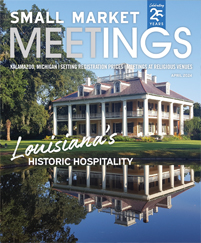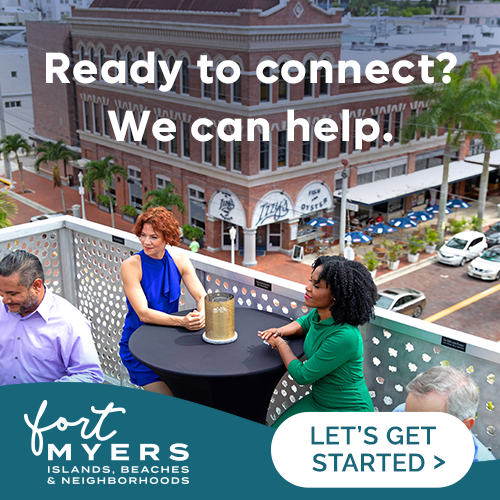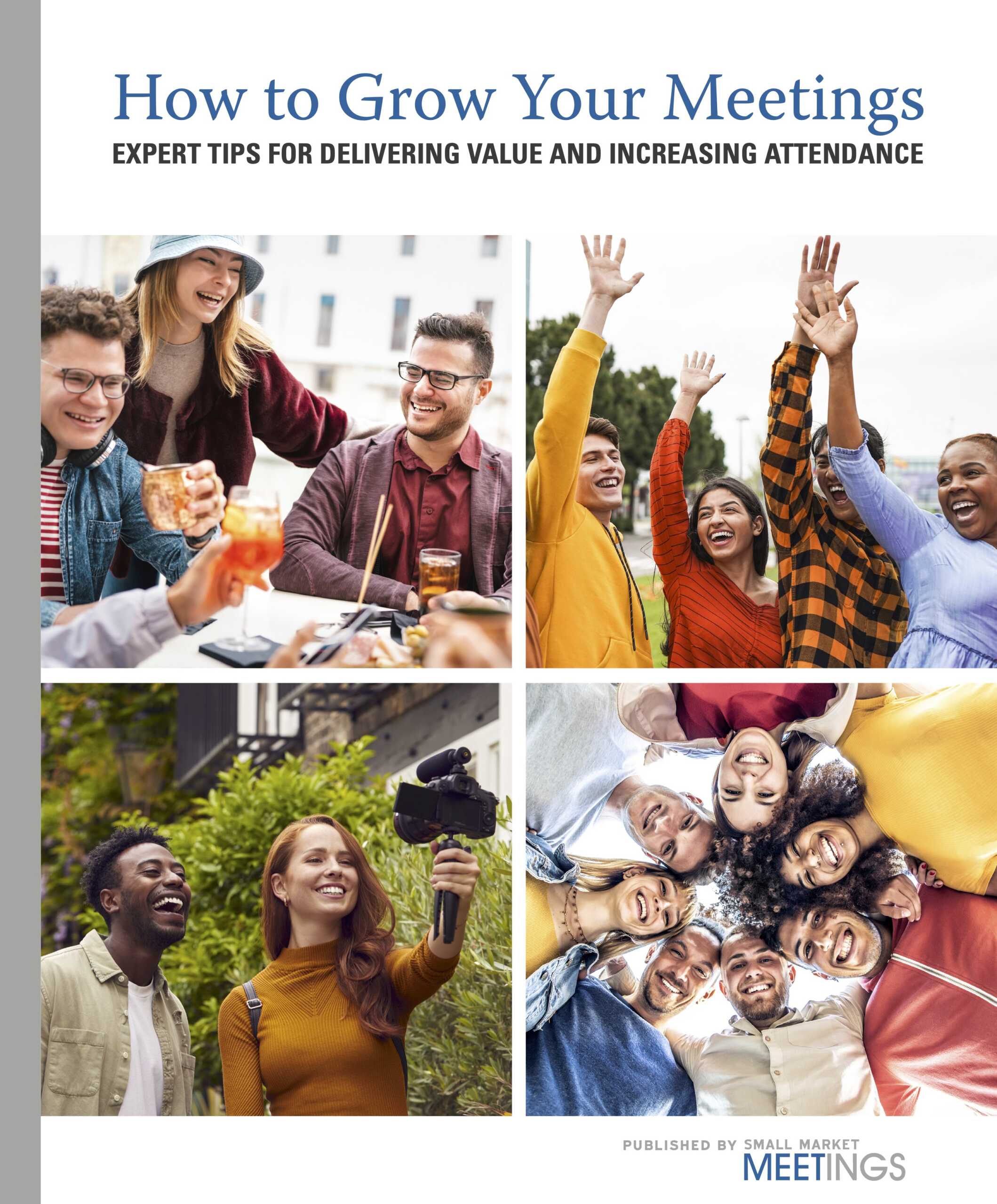One of Terri Roberts’ responsibilities as a member of Destination Marketing Association International’s (DMAI’s) empowerMINT.com team is to educate meeting planners about ways convention and visitors bureaus (CVBs) can help them.
CVBs, often referred to as destination marketing organizations (DMOs), market destinations to visitors and to meetings and conventions.
Part of educating planners is busting some stubborn myths and long-held misconceptions about CVBs. Here are five things Roberts said meeting planners need to understand about them.
1) CVBs’ services aren’t free, but they are free to meeting planners.
Meeting planners are savvy business people, so they are skeptical when they are told that CVBs’ services are free. CVBs’ services do have a cost, Roberts said, but that cost isn’t charged to a meeting planner. “A CVB’s services are paid for by those vested in tourism but are free to meeting planners,” she said.
Because CVBs are typically funded by a lodging tax or an assessment, in a way, meetings do pay for the services because attendees pay that tax. “If you are not using the CVB, you are leaving money on the table,” said Roberts.
2) CVBs don’t serve just citywide conventions.
Many meeting planners assume that their small meetings don’t qualify for CVB services, but the size of a meeting doesn’t matter to CVBs, which serve meetings of all sizes. Small meetings tend to be “the bread and butter of destinations,” said Roberts. “A city might only have a handful of citywide conventions a year, but they have many small meetings every day.”
3) CVBs work for planners.
CVBs sell a destination as a whole and aren’t out to promote only particular local partners. To market their cities or regions effectively, they must meet the needs of meeting planners. “They are planner champions,” said Roberts. “Every destination’s goal is not only to satisfy your meeting, but to have you come back and bring more meetings. We want to assure planners that our goal is to find the best fit for their meeting.”
4) CVBs don’t have to do it all.
A CVB doesn’t have to handle every aspect of a meeting for a planner. For example, many meeting planners prefer to book their hotel and meeting space through global sales offices of national hotel chains. Even then, planners should make a call to the local CVB, Roberts said. CVBs are local experts that can help with many aspects of a meeting, from suggesting off-site venues and offering assistance in building attendance to helping get needed permits for a parade or a party in a public park. “The CVB is like an ambassador for the city,” said Roberts. “You might say, ‘We need a local keynote speaker, or we need a celebrity chef to come in and cook dinner.’ A CVB can help squeeze something special into your meeting.”
5) CVBs can be filters in the search for venues.
Thanks to online request for proposal (RFP) systems, meeting planners often handle distribution of RFPs themselves. But they should still include the CVB in the process, Roberts said.
A CVB can act as “a meetings filter,” she said. “Call your CVB, have a conversation about what you are looking for, and they can help you narrow your search.”
For example, the list of 10 potential hotels you have compiled from your internet research might be narrowed to four after a CVB staffer reviews your meeting history, attendee profile, budget, meeting objectives and other requirements. CVBs know their local venues and have “the heightened degree of familiarity” with their destination that will serve planners well in their searches, said Roberts.











